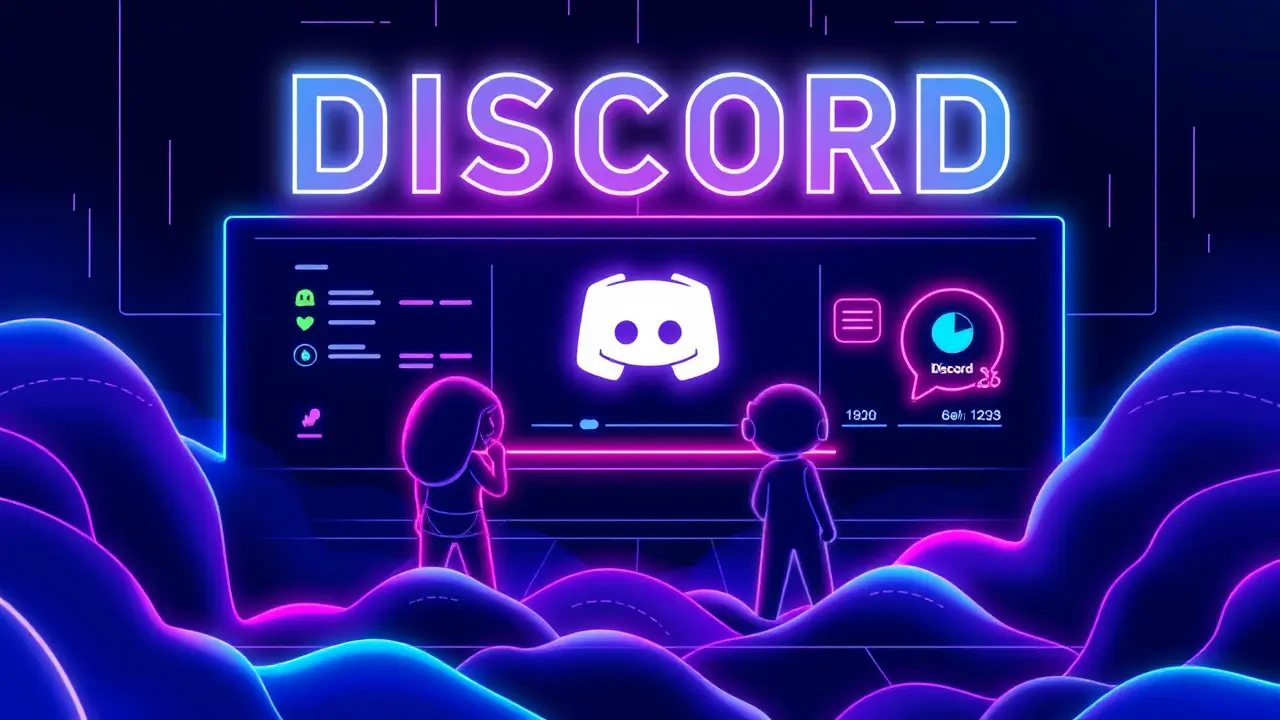
Otherlaw & courtsLegal Reforms
Discord expands parental oversight features in Family Center update.
AN
1 month ago7 min read6 comments
Discord's latest expansion of its Family Center features represents a fascinating new chapter in the perennial digital tug-of-war between teen privacy and parental oversight, a dynamic that platforms from Facebook to TikTok have grappled with for years. Over the next week, the communication platform, beloved by gamers and online communities, is rolling out a suite of updates that give guardians a more granular, albeit still limited, window into their teenagers' digital lives.This isn't a wholesale surveillance tool; it's a carefully calibrated system designed with input from teens themselves, reflecting a broader industry trend toward what might be called 'managed autonomy. ' Parents and guardians who have linked their accounts via User Settings > Family Center will now be able to see a detailed purchase history for the previous seven days—a direct response to concerns about in-app spending—alongside precise metrics on how much time their teen has spent in voice and video calls across direct messages, servers, and group DMs.Perhaps most revealing is the new insight into social circles: the update will highlight the top five users and servers a teen has interacted with most frequently over the past week, offering a social graph without exposing the actual content of conversations, which remain encrypted and private. In a particularly clever psychological maneuver, Discord is introducing an opt-in feature for teens to notify a guardian when they file a report against another user or a piece of content; the guardian receives an email alerting them to the action but not the specifics, effectively creating a forced conversation starter designed to open channels of communication rather than shut them down.This is a significant evolution from the previous overview and speaks to a more nuanced understanding of digital parenting. Furthermore, for the first time, guardians are being handed direct control levers within Family Center, including the ability to manage who can send direct messages to their teen and whether sensitive content filters are enabled, alongside some data privacy controls.It’s a power shift, but a conditional one. Crucially, Discord emphasizes that teens can see the exact same dashboard as their parents, fostering a sense of transparency and mutual understanding rather than one-sided monitoring.This entire initiative cannot be viewed in a vacuum; it arrives as Discord faces mounting regulatory pressure on multiple continents. The State of New Jersey's attorney general recently sued the platform, alleging it 'misled parents about the efficacy of its safety controls and obscured the risks children faced,' a legal challenge that undoubtedly accelerated this feature rollout.Meanwhile, on the other side of the world, Australia is contemplating a far more drastic measure: a proposed ban that would prohibit children under 16 from using Discord entirely, a policy set to also encompass Reddit, Kick, Facebook, X, Snapchat, TikTok, YouTube, and Instagram starting December 10th. This stark contrast in regulatory philosophy—incremental oversight versus outright prohibition—highlights the global struggle to define digital adulthood and protect minors online.
#featured
#Discord
#Family Center
#parental controls
#teen safety
#social media regulation
#online privacy
#digital parenting
Stay Informed. Act Smarter.
Get weekly highlights, major headlines, and expert insights — then put your knowledge to work in our live prediction markets.
Comments
Loading comments...
© 2025 Outpoll Service LTD. All rights reserved.